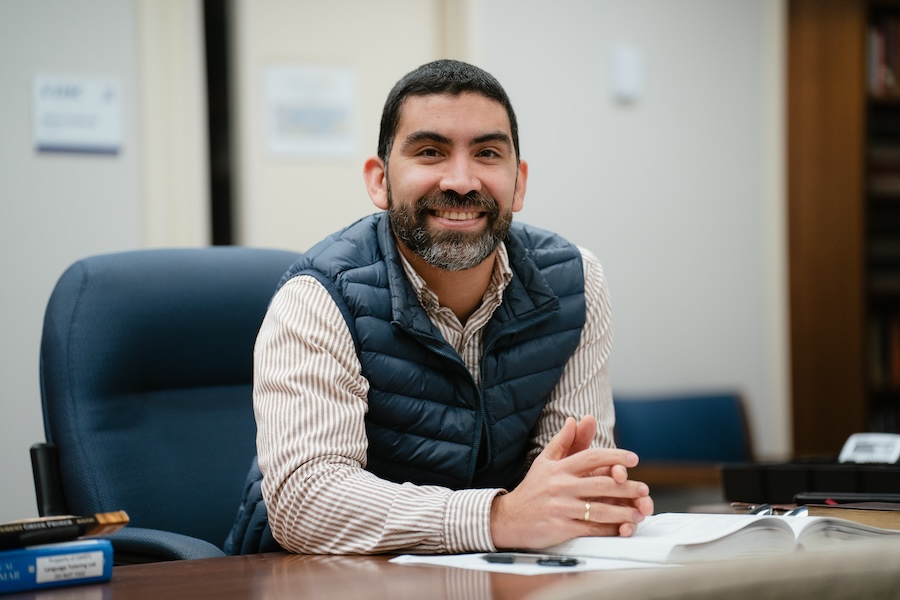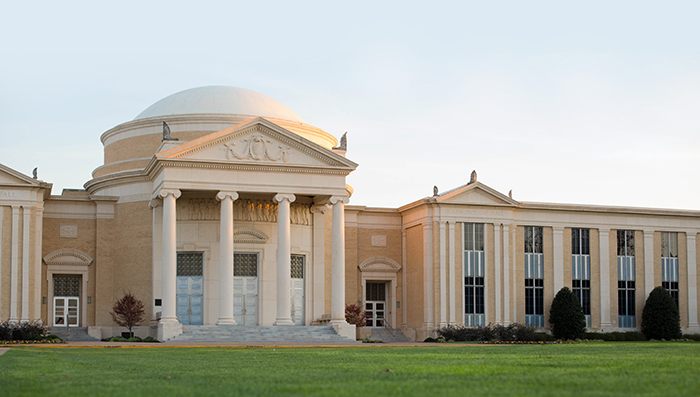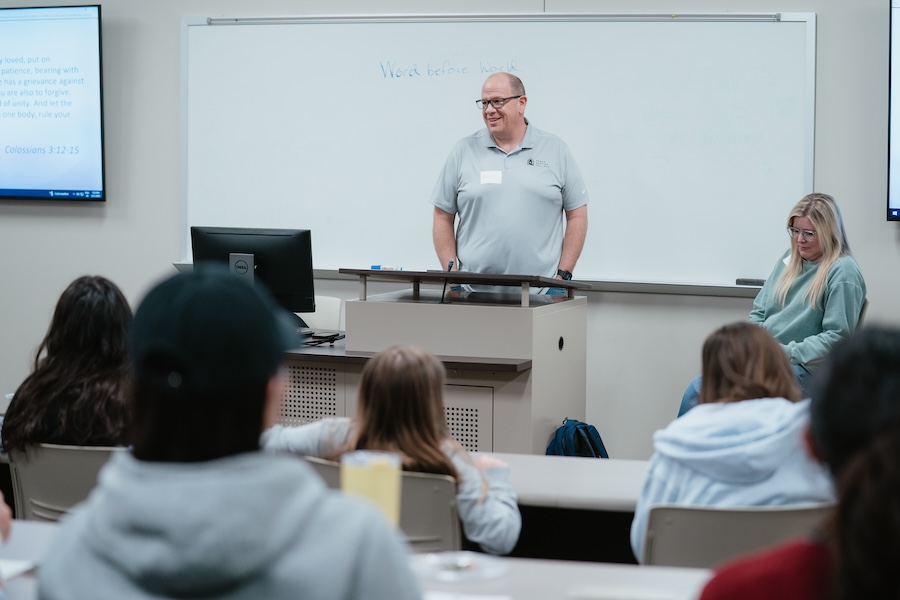Attacks on religious liberty discussed during post-election presentation

In 1790, First President of the United States George Washington was asked by the Hebrew congregation of Newport, R.I., what their status would be in the country. The Jewish people had historically been either a persecuted minority or a begrudgingly tolerated one, and so the congregation wanted to know how they would be treated in the new United States of America.
Washington’s response, in letter dated Aug. 21, 1790, clarified that all citizens of the U.S. “possess alike liberty of conscience and immunities of citizenship.” He continued, “It is now no more that toleration is spoken of as if it were the indulgence of one class of people that another enjoyed the exercise of their inherent natural rights, for, happily, the government of the United States, which gives to bigotry no sanction, to persecution no assistance, requires only that they who live under its protection should demean themselves as good citizens in giving it on all occasions their effectual support.”
On Nov. 9, the day after the 2016 presidential election, Ryan Anderson, senior research fellow for the Heritage Foundation, spoke at a Land Center event on the campus of Southwestern Seminary on the topic of religious freedom in the nation. He began by presenting this excerpt from Washington’s letter, which provides the first president’s view of religious freedom in the country’s earliest days.
Anderson explained, “He’s saying, ‘Look, we’re not just going to tolerate you as if this is something where we, the majority, concede that we’re going to put up with you.’ He’s saying, ‘No, you have inherent, natural rights, and we’re going to respect your inherent natural rights, and all we’re going to ask from you is that you be good citizens.’”
“And what do we mean by ‘be good citizens’?” he continued. “It’s not that you agree with us on theological matters; it’s that you support and defend the Constitution; that you give your effectual support to the nation.”
Noting that this view of religious liberty has been greatly challenged within the last five years, Anderson provided three historical developments to explain why, for example, florists, bakers and even Catholic adoption agencies have come under attack. First, he said, Americans have experienced a change in religion. Specifically, religious beliefs have been privatized, removed from the public square, and replaced by secularism, and the majority of Christian denominations have become more liberal in recent decades.
The second development Anderson noted is the growth of the state. He postulated that if James Madison or Thomas Jefferson came back today and heard about efforts of the Department of Health and Human Services to force Catholic organizations to provide abortifacient drugs to their employees, their response would not be, “But we have the First Amendment to the Constitution; it should protect [them].” Rather, Anderson argued, “the first thing they would say is, ‘What is the Department of Health and Human Services, and who gave them authority to issue this mandate?’”
“We’ve seen a growth of government in our lifetime so that it regulates more aspects of our lives,” Anderson said. “And as government grows and regulates more aspects of our lives, it’s more likely to violate various forms of liberty, including religious liberty.”
The final reason Anderson cited is the change in sexual values, with the most recent issues being same-sex marriage and transgenderism. Each of these three historical developments necessitates a response, Anderson said, and he alluded to Pope Benedict for the proper way to do so.
“It’s not the arguments of the intellectuals that win converts, it’s the lives of the saints,” he said. “It’s an encounter with holiness that actually spreads the Gospel. That’s our best apologetic in the public square. … No matter what happens in law, in public policy, or in culture, the ability for holiness is always within our grasp.”
Following his presentation, Anderson participated in a panel discussion alongside Todd Wagner, pastor of Watermark Church in Dallas, and Zeb Pent, spokesman for Stand for Fort Worth. Associate Professor of Ethics Evan Lenow moderated the discussion.
In light of the ongoing attacks on religious liberty at even local levels, Pent noted that the new presidential administration will have little impact on ordinances already passed within local communities. “We have a lot of work to do, and it’s not going to happen from the White House,” he said. “It’s going to happen starting in our churches, and the body needs to rise up and speak up.”
“There is always an enemy who wants to steal, kill and destroy,” Wagner added. “[But] we can become holy people who love our God and walk with Him and yield to Him and preach the Gospel, share with our friends, and make disciples. That’s how this thing is going to work out.”



